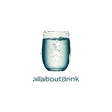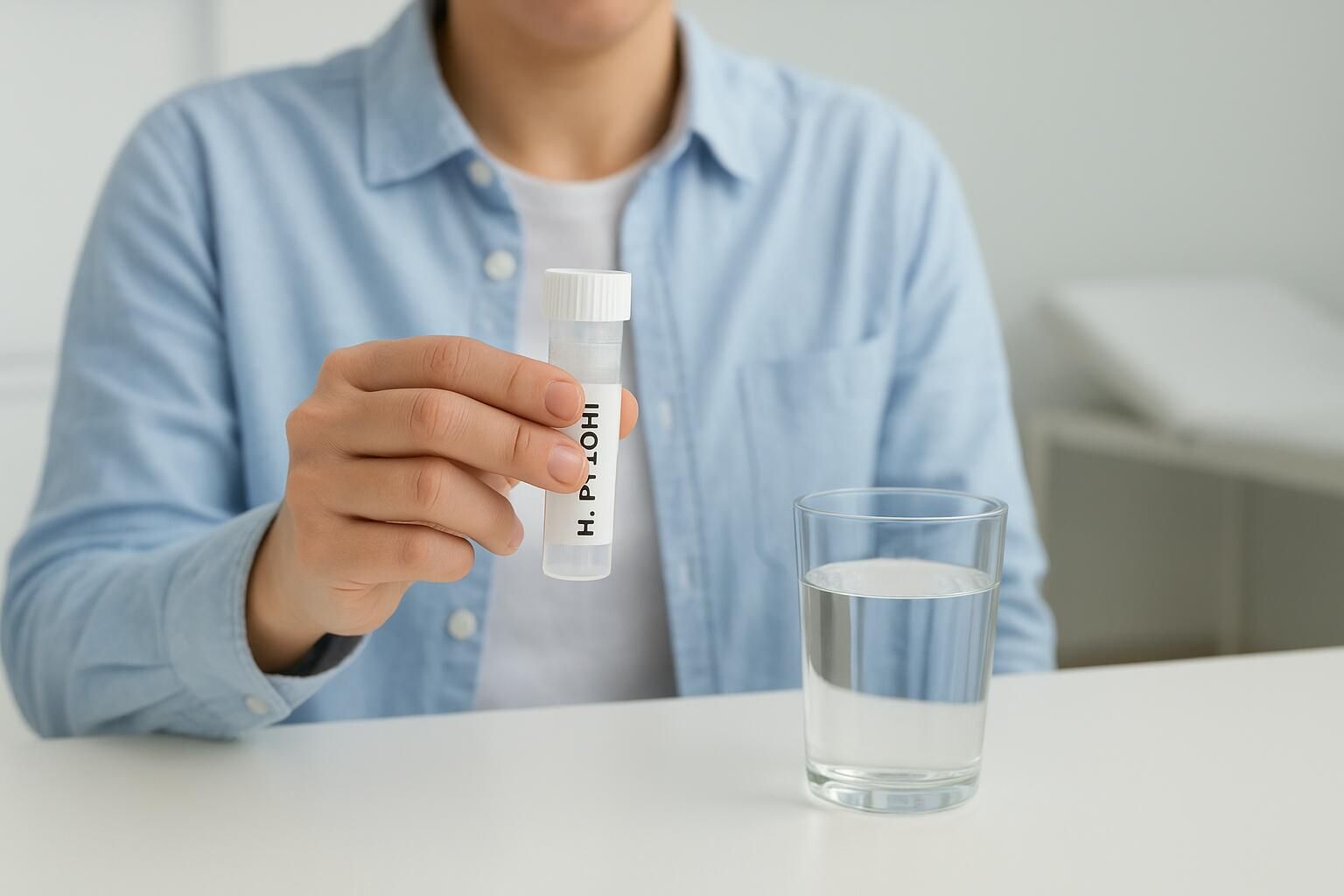No — you should avoid alcohol for at least 24 to 72 hours after getting a tattoo. Alcohol thins your blood, increases bleeding, and slows down healing.
Waiting a few days gives your skin time to form protective scabs, reduces infection risk, and helps your tattoo retain vibrant color.
Introduction
Getting a new tattoo is exciting — it’s a mix of art, self-expression, and a memory etched into your skin. But once the session is over, the real work begins: proper aftercare. One of the first questions people ask is, “can you drink after getting a tattoo?”
The short answer is no, at least not right away. Drinking alcohol too soon can slow your healing time, increase bleeding, and even affect how well the ink settles into your skin.
Tattoo aftercare isn’t just about keeping the area clean; it’s also about what you put into your body. Alcohol acts as a blood thinner and can interfere with the natural clotting process your skin needs to start closing that open wound.
Ignoring this advice may lead to patchy color, scabbing problems, or infection risks. Understanding the risks of alcohol before tattoo sessions — and after — will help protect your investment and keep your design looking sharp.
Why Alcohol Affects Fresh Tattoos
A fresh tattoo isn’t just ink on skin — it’s essentially an open wound. Your body immediately starts the healing process by forming tiny clots and beginning to repair the damaged layers of skin. Alcohol interferes with this process in several important ways.
First, alcohol has well-known blood thinning effects. When your blood doesn’t clot as quickly, it leads to increased bleeding during and after the tattoo session. That extra bleeding can push out the ink, making it harder for your design to heal with crisp lines and strong color.
Second, alcohol weakens your immune response, which your body relies on to fight bacteria and reduce infection risk. Slower healing means your tattoo stays vulnerable for longer, which isn’t what you want for something permanent.
Finally, drinking causes swelling and inflammation, making your skin more irritated. Combined with excess bleeding, it can lead to uneven scabbing and peeling. Over time, that translates to poor ink retention and a tattoo that looks faded well before it should.
For these reasons, anyone wondering can you drink after getting a tattoo should know that alcohol is one of the biggest obstacles to smooth healing.

How Long Should You Wait Before Drinking Alcohol?
| Timeframe | What’s Happening in Your Skin | Why Avoid Alcohol | Recommendation |
|---|---|---|---|
| First 24–72 hours | Skin is still an open wound, beginning to close and form scabs | Alcohol thins blood, increases bleeding, slows clotting | No alcohol at all |
| 1–2 weeks | Scabs form, outer layer starts to heal | Alcohol can delay healing and dry out skin | Best to continue avoiding |
| 2–4 weeks | Deeper layers still repairing beneath the surface | Tattoo may fade or lose vibrancy if healing is disrupted | Limit or avoid alcohol |
| 4+ weeks | Most tattoos are healed, though healing time varies by person and tattoo size | Risks are greatly reduced | Safe to drink in moderation |
Risks of Drinking Too Soon
Drinking alcohol too soon after a tattoo may feel harmless, but the risks are very real. The most immediate problem is increased bleeding. Alcohol thins your blood, which makes it harder for your skin to form protective clots. This can cause more ink to leak out, leaving your design uneven or patchy.
Another concern is infection risk. When your tattoo bleeds longer than normal, it stays open to bacteria for a greater period of time. Add alcohol’s effect on lowering your immune defenses, and you’ve created the perfect environment for complications.
There’s also the issue of skin irritation. Alcohol can make swelling worse, which stretches the healing skin and disrupts normal scabbing and peeling. If the scabs break too early, the tattoo may not heal evenly.
Over time, these issues lead to color fading and reduced detail. Instead of crisp lines and vibrant tones, the tattoo may look older than it is. Lastly, alcohol can heighten pain and discomfort after tattoo sessions by dehydrating your body and slowing recovery.
Before Your Appointment: What to Avoid
Good tattoo results start with preparation. One of the most important steps is to abstain from alcohol before tattoo sessions. Drinking the night before might seem harmless, but alcohol lingers in your system, causing blood thinning effects that can lead to excess bleeding during the procedure. This makes it harder for the artist to work cleanly and may affect how much ink your skin retains.
It’s not just alcohol to watch out for. Certain blood-thinning supplements like fish oil, ginkgo biloba, or high doses of vitamin E can have a similar impact. If you’re taking any prescription medications, check with your doctor first to see whether they could influence clotting or healing.
Simply put, avoiding alcohol and unnecessary supplements ahead of time minimizes complications and protects your tattoo investment. When people ask, “can you drink after getting a tattoo?”, the truth is you shouldn’t drink before, either.
If You Drank Anyway: What to Do
Maybe you had a drink without realizing the risks — now what? First, don’t panic. The best thing you can do is focus on recovery. Alcohol causes dehydration, which slows skin healing, so start by drinking plenty of water. Next, follow strict cleaning methods: wash your tattoo gently with mild soap, pat dry, and apply a fragrance-free moisturizer. Remember, your tattoo is still an open wound, so keeping it clean is critical. Avoid additional alcohol until scabs have formed and healing is underway. In short, can you drink after getting a tattoo? If you slipped up, shift focus to aftercare.

Tattoo Aftercare Checklist: Essential Steps for Healthy Healing
| Step | What to Do | Why It Matters |
|---|---|---|
| Clean the tattoo | Wash gently with lukewarm water + mild, fragrance-free soap. Pat dry. | Prevents infection and removes bacteria. |
| Moisturize fresh tattoo | Apply a thin layer of recommended ointment or lotion. | Prevents cracking, dryness, and excessive scabbing. |
| Avoid sun exposure | Keep tattoo covered or shaded outdoors. | UV rays fade ink and slow healing. |
| Use the right aftercare products | Stick with skin-safe, fragrance-free products. Avoid petroleum-heavy creams unless advised. | Reduces irritation and allergic reactions. |
| Wear loose clothing | Choose breathable, non-restrictive fabrics. | Prevents rubbing and skin irritation. |
| Long-term tattoo maintenance | Moisturize daily and apply sunscreen regularly. | Preserves vibrancy and prevents fading. |
FAQs
Q1: Can one drink ruin a fresh tattoo?
One drink may not completely ruin a tattoo, but it can cause increased bleeding and affect how well the ink sets. Even a small amount of alcohol raises your infection risk and slows healing.
Q2: Can I have a beer after getting a tattoo?
No. Beer, wine, or spirits all act as blood thinners. Wait at least 24–72 hours before drinking again. Can you drink after getting a tattoo? Only once the initial healing has started.
Q3: How long after a tattoo can I drink again safely?
Most artists recommend 48–72 hours, though longer is better. Your body needs time to begin forming scabs and reducing swelling before alcohol is safe.
Q4: Does alcohol cause color fading tattoo issues?
Yes. By interfering with clotting and scabbing and peeling, alcohol can reduce ink retention, leading to patchy or faded areas.
Q5: What else should I avoid besides alcohol?
Avoid swimming, tanning, and tight clothing during early healing. These can irritate your skin and extend recovery time, just like alcohol.





